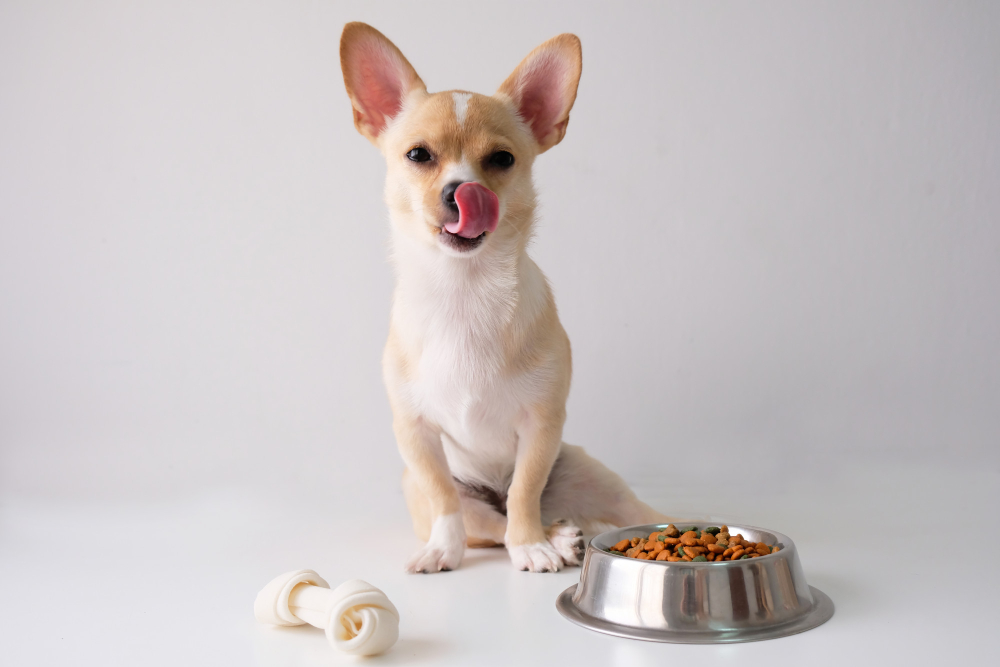In recent years, probiotics have gained significant attention not just for human health but also for our four-legged companions. These live microorganisms, often referred to as “good bacteria,” offer a plethora of benefits, from enhancing digestive health to boosting the immune system. As pet owners increasingly seek holistic approaches to animal care, understanding the science and application of probiotic foods becomes crucial. This article aims to provide an in-depth look into the world of probiotic foods for dogs and cats, backed by scientific evidence and expert opinions.
What Are Probiotics and Why Are They Important?
Probiotics are live microorganisms that confer health benefits when consumed in adequate amounts. They primarily function by balancing the gut microbiota, which is a complex community of microorganisms living in the digestive tracts of humans and animals. The most common strains include Lactobacillus acidophilus and Bifidobacterium bifidum.
Key Benefits of Probiotics for Pets
- Digestive Health: Probiotics help in the production of digestive enzymes and balance the intestinal flora, thereby aiding in digestion and preventing gastrointestinal issues like diarrhea and constipation.
- Immune System Boost: They strengthen the immune system by enhancing the body’s natural defense mechanisms against infections and diseases.
- Allergy Relief: Probiotics can alleviate symptoms of food allergies and skin conditions, reducing itchiness and redness.
- Mental Well-being: They can also improve mood, reduce stress, and increase appetite in pets.
For a more detailed understanding of how probiotics work in pets, check out this complete guide.
Choosing the Right Probiotic Foods: A Tailored Approach
Not all probiotic foods are created equal, especially when it comes to our pets. Dogs and cats have unique gut microbiota that differ from humans due to various factors like diet, environment, and genetics. Therefore, it’s imperative to choose probiotic foods specifically formulated for these species.
Commercial Probiotic Foods
Many commercial pet foods and treats are fortified with probiotics. These products usually come with an expiration date and detailed instructions, making them a convenient option for pet owners.
Natural Probiotic Foods
Natural options like yogurt and kefir can also be beneficial but ensure that they are safe for pet consumption. For instance, while yogurt is a rich source of calcium and B vitamins, it’s crucial to choose a lactose-free variety to prevent digestive issues.
For a comprehensive list of nutritious pet food options, you can refer to this guide on crafting nutritious pet dry food.
How to Administer Probiotic Foods: Expert Recommendations
Before introducing any probiotic foods into your pet’s diet, consult a qualified animal nutritionist or veterinarian. The dosage and frequency will vary depending on the pet’s size, age, and health condition.
Natural Probiotic Foods
- Natural Yogurt: A rich source of calcium and B vitamins, it can be added to your pet’s regular food or given as a treat.
- Kefir: This fermented drink is lactose-free and can be made from milk or sugar-based liquids. It’s a hit among dogs and cats alike.
- Brewer’s Yeast: Apart from its probiotic benefits, it also acts as a natural immune system modulator and is nutrient-rich.
Commercial Probiotic Foods
Follow the instructions on the packaging but also seek professional guidance to ensure you’re using the product correctly.
Conclusion: Probiotics as a Pathway to Pet Wellness
Probiotic foods offer a holistic approach to pet care, enhancing not just their digestive health but also their overall well-being. However, it’s crucial to consult an animal nutritionist or veterinarian before making any changes to your pet’s diet. By adhering to professional advice and opting for high-quality foods, you can unlock a world of health benefits for your furry friends.

